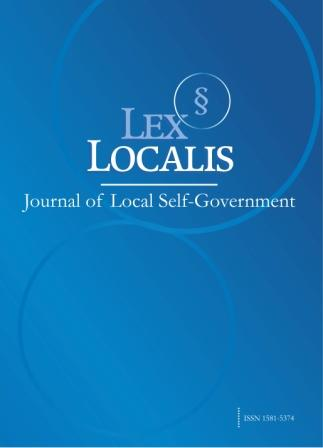THE ROLE OF DECENTRALIZED GOVERNANCE IN PUBLIC HEALTH CRISIS MANAGEMENT AND LESSONS LEARNED FROM GLOBAL RESPONSES
DOI:
https://doi.org/10.52152/Keywords:
Decentralized governance, public health crisis management, multilevel governance, crisis coordination, health system resilience, policy decentralization, pandemic response frameworks, global health security.Abstract
This paper explores the role of decentralized governance in public health crisis management, with a focus on lessons learned from global responses to health emergencies like the COVID-19 pandemic. Decentralized governance, characterized by the distribution of authority from central to local levels of government, can significantly influence the effectiveness of public health responses. By enabling local authorities to make context-specific decisions, decentralized systems have the potential to enhance responsiveness and community engagement. However, the paper also discusses the challenges associated with decentralized governance, such as coordination difficulties, resource inequalities, and inconsistent policy implementation. Through a systematic review of literature spanning from 2000 to 2021, the study evaluates the advantages and drawbacks of decentralized governance during public health crises. Case studies, including responses from countries like India, Germany, and South Korea, are analyzed to derive key insights. The paper concludes with recommendations for optimizing decentralized governance structures to improve future public health crisis management, focusing on better coordination, resource equity, and policy alignment.
Downloads
Published
Issue
Section
License
Copyright (c) 2025 Lex localis - Journal of Local Self-Government

This work is licensed under a Creative Commons Attribution-NonCommercial-NoDerivatives 4.0 International License.








